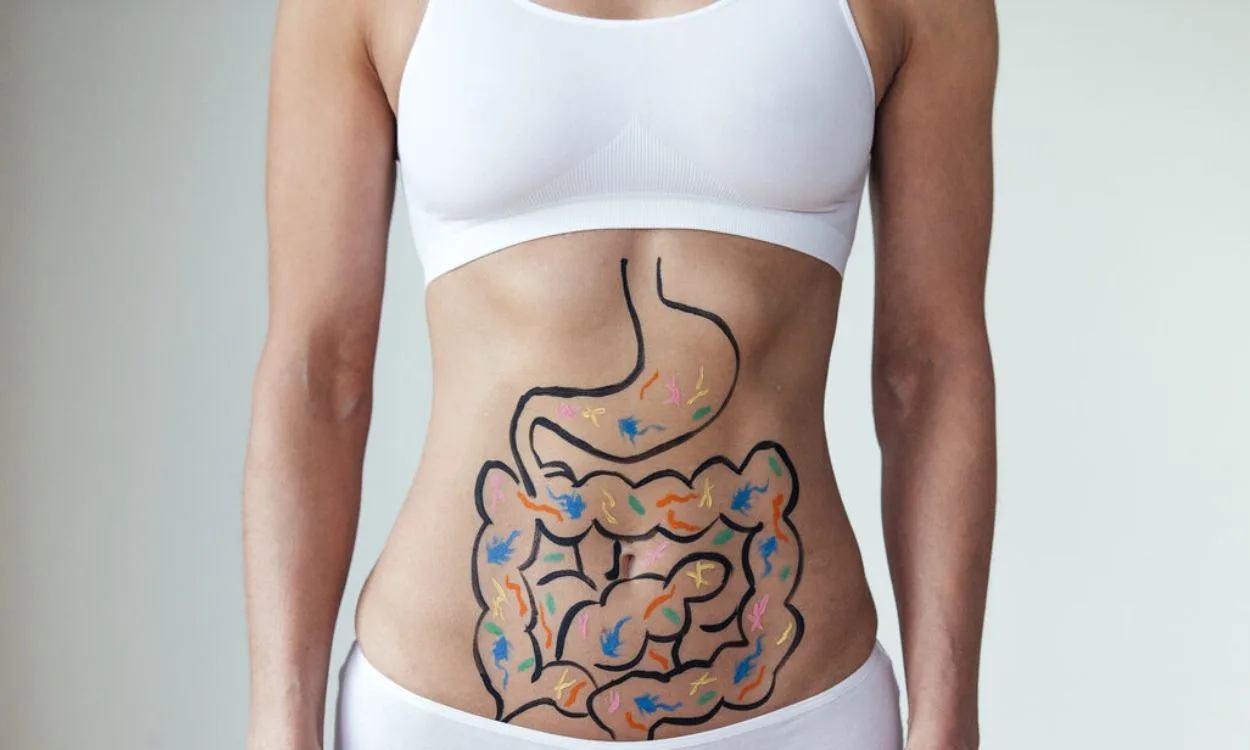How PCOD Impacts Gut Health and Digestion
Polycystic Ovarian Disorder (PCOD) is a common endocrine system disorder among women of reproductive age. It is characterized by hormonal imbalances, irregular menstruation, and the development of small cysts on the ovaries. While the effects of PCOD on reproductive health are well-documented, its impact on gut health and digestion is an area of growing interest and concern.
Understanding PCOD and Gut Health
PCOD is often associated with insulin resistance, which can lead to elevated blood sugar levels and an increased risk of developing type 2 diabetes. These metabolic disturbances can also affect gut health and digestion in several ways:
1. Digestive Issues: Many women with PCOD experience digestive problems such as bloating, constipation, diarrhea, and irritable bowel syndrome (IBS). These symptoms can be linked to hormonal imbalances and inflammation associated with PCOD.
2. Gut Microbiota Imbalance: Research suggests that PCOD may alter the composition of gut microbiota, the community of microorganisms living in the digestive tract. This imbalance can contribute to gastrointestinal symptoms and may also exacerbate insulin resistance.
3. Inflammation**: PCOD is often accompanied by chronic low-grade inflammation, which can affect the gut lining and disrupt normal digestive processes. Inflammation in the gut may lead to increased intestinal permeability, commonly known as “leaky gut,” allowing harmful substances to enter the bloodstream and triggering immune responses.
Managing PCOD-Related Gut Health Issues
While PCOD’s impact on gut health and digestion can be challenging, there are several strategies that individuals can adopt to support their overall well-being:
1. Balanced Diet: Choosing a diet rich in fiber, lean proteins, and healthy fats can support gut health and help manage PCOD symptoms. Foods such as fruits, vegetables, whole grains, and fermented products can promote a healthy gut microbiota and reduce inflammation.
2. Regular Exercise: Physical activity plays a crucial role in managing PCOD and supporting gut health. Exercise can help improve insulin sensitivity, reduce inflammation, and promote regular bowel movements.
3. Stress Management: Chronic stress can exacerbate PCOD symptoms and negatively impact gut health. Practicing stress-reducing techniques such as yoga, meditation, or deep breathing exercises can have a positive impact on both PCOD and gut health.
4. Probiotics and Supplements: Some individuals with PCOD may benefit from probiotic supplements to restore gut microbiota balance. Additionally, certain supplements, such as omega-3 fatty acids and vitamin D, can support overall health and potentially alleviate PCOD-related symptoms.
5. Seeking Professional Guidance: Consulting with healthcare professionals, such as nutritionists, endocrinologists, and gastroenterologists, can provide personalized strategies for managing PCOD and improving gut health.
Introducing Fitpaa: A Holistic Approach to Health and Wellness
For individuals navigating the complexities of PCOD and seeking comprehensive support for their health and fitness goals, Fitpaa offers a revolutionary solution. With a strong focus on metabolism monitoring and management, Fitpaa’s AI-driven technology provides personalized plans to optimize overall health, including addressing PCOD-related concerns such as gut health and digestion.
Fitpaa’s approach aligns with the principles of Lifestyle Medicine and Behavioral Therapy, aiming to strengthen all 11 organ systems, including the digestive and endocrine systems impacted by PCOD. Through a personalized Fitpaa Capsule, individuals can access medical nutrition therapy, exercise therapy, and cognitive behavior therapy to address PCOD-related gut health issues and achieve their overall health and fitness goals.
With real-time guidance, habit-building techniques, and a supportive ecosystem of fitness planners, nutritionists, and doctors, Fitpaa empowers individuals to take control of their well-being and experience guaranteed results. Fitpaa’s commitment to transforming lives aligns seamlessly with the journey of individuals managing PCOD, offering a holistic and personalized approach to health and fitness.
To embark on a transformative health and wellness journey with Fitpaa, download the app today and experience the power of personalized, AI-driven solutions tailored to the unique needs of the Indian population. Your well-being is our mission, and we are dedicated to supporting you every step of the way.
Considering the Indian context, the blog post provides a detailed understanding of how PCOD impacts gut health and digestion, offering actionable tips for managing PCOD-related gut health issues. The introduction of Fitpaa in the latter half aligns with the blog’s focus on holistic wellness and offers a compelling solution for individuals seeking personalized support in addressing PCOD and overall health and fitness goals.









